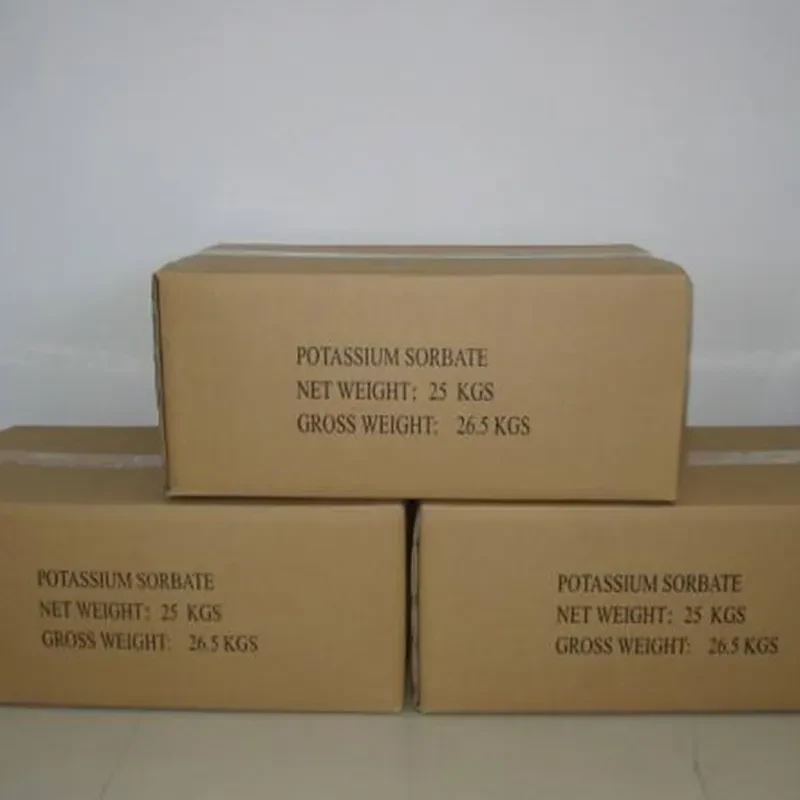
carcinogenic preservatives
Understanding Carcinogenic Preservatives A Silent Threat in Our Food
In today's fast-paced world, convenience often takes precedence over health, especially when it comes to our food choices. One of the most concerning aspects of modern food production is the use of preservatives, many of which may have carcinogenic properties. This article delves into the issue of carcinogenic preservatives, their impact on health, and how consumers can make informed choices.
Preservatives are substances added to food to prolong shelf life by preventing spoilage due to microbial growth and oxidation. While some preservatives are deemed safe, others have been linked to serious health risks, including cancer. The term carcinogenic refers to any substance that is capable of causing cancer in living tissue. Notable examples include certain nitrates and nitrites used in processed meats, such as bacon and sausages.
Nitrates and nitrites are commonly used to enhance the color and flavor of meat products and to inhibit the growth of harmful bacteria. However, in the human body, nitrites can convert to nitrosamines, which are known carcinogens. Studies have shown that a diet high in processed meats containing these preservatives increases the risk of colorectal cancer. In fact, the World Health Organization (WHO) classifies processed meats as a Group 1 carcinogen, indicating sufficient evidence that they can cause cancer in humans.
Another group of preservatives that raises health concerns is the class of artificial colorings and flavorings. Many synthetic additives have been scrutinized for their potential link to various health issues. For instance, certain artificial colorants, like Red 40 and Yellow 5, have been associated with hyperactivity in children and may also pose long-term cancer risks. While regulatory agencies often deem these substances safe for consumption within specific limits, the cumulative effects of consuming multiple food products containing these additives are not fully understood.
carcinogenic preservatives

In addition to preservatives, it's important to consider the packaging of food products. Some packaging materials, such as plastics, may leach harmful chemicals like bisphenol A (BPA) into food, especially when heated. BPA has been linked to various health issues, including hormonal disruptions and increased cancer risk.
So, what can consumers do to protect themselves from carcinogenic preservatives? First and foremost, it is essential to read food labels carefully. Familiarizing oneself with the ingredients can help individuals avoid products that contain harmful preservatives. Opting for fresh, whole foods whenever possible reduces exposure to these substances. Organic products, which typically use fewer synthetic additives, may also be a safer choice.
Another beneficial practice is becoming an advocate for transparency in food production. Supporting local farmers and businesses that prioritize natural ingredients over synthetic preservatives can contribute to both personal health and the well-being of the community.
Finally, raising awareness about the risks associated with carcinogenic preservatives can encourage manufacturers to reconsider their use. By demanding healthier alternatives and supporting organizations that push for stricter regulations on food additives, consumers can drive change in the food industry.
In conclusion, while preservatives play a vital role in food preservation, it is critical to remain vigilant about their potential health risks. Understanding the implications of carcinogenic preservatives empowers consumers to make informed decisions about their diets, ultimately fostering a healthier society. Taking small steps towards healthier eating habits can have significant impacts on individual health and well-being in the long run.
-
Pure Sodium Dichloroisocyanurate Dihydrate | Powerful DisinfectantNewsAug.29,2025
-
Industrial Chemicals: Quality & Purity for Every IndustryNewsAug.28,2025
-
Nitrile Rubber Honoring Strict Production StandardsNewsAug.22,2025
-
Aspartame Ingredients Honoring Food Safety ValuesNewsAug.22,2025
-
Fertilizer for Balanced Plant NutritionNewsAug.22,2025
-
Cyanide Gold Processing with High Purity AdditivesNewsAug.22,2025
-
Formic Acid in Textile Dyeing ApplicationsNewsAug.22,2025
Hebei Tenger Chemical Technology Co., Ltd. focuses on the chemical industry and is committed to the export service of chemical raw materials.
-

view more DiethanolisopropanolamineIn the ever-growing field of chemical solutions, diethanolisopropanolamine (DEIPA) stands out as a versatile and important compound. Due to its unique chemical structure and properties, DEIPA is of interest to various industries including construction, personal care, and agriculture. -

view more TriisopropanolamineTriisopropanolamine (TIPA) alkanol amine substance, is a kind of alcohol amine compound with amino and alcohol hydroxyl, and because of its molecules contains both amino and hydroxyl. -

view more Tetramethyl Thiuram DisulfideTetramethyl thiuram disulfide, also known as TMTD, is a white to light-yellow powder with a distinct sulfur-like odor. It is soluble in organic solvents such as benzene, acetone, and ethyl acetate, making it highly versatile for use in different formulations. TMTD is known for its excellent vulcanization acceleration properties, which makes it a key ingredient in the production of rubber products. Additionally, it acts as an effective fungicide and bactericide, making it valuable in agricultural applications. Its high purity and stability ensure consistent performance, making it a preferred choice for manufacturers across various industries.





